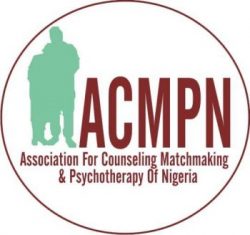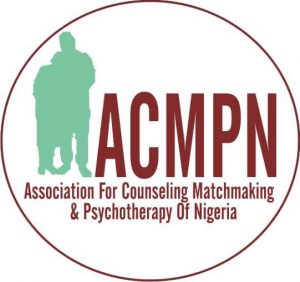Introduction
We are delighted to present the Ethical Framework for the Counselling, Matchmaking & Psychotherapy Professions, produced following extensive research on ethical thinking and best practices.
These are key ethical guidelines for counselors/professional working with children and teenagers, this will guide practitioners who are in this field
1. Confidentiality:
a. Maintain confidentiality of information disclosed during sessions, except where required by law (e.g., risk of harm to the child or others).
b. Explain confidentiality limits to both the child/teen and their guardians.
2. Informed Consent:
a. Obtain informed consent from guardians and assent from the child/teen.
b. Ensure the child/teen understands the counseling process, goals, and any potential risks.
3. Competence:
a. Provide services within the boundaries of your competence, based on education, training, and experience.
b. Engage in ongoing professional development to address issues specific to children and teenagers.
4 Non-Discrimination:
a. Offer services without discrimination based on race, ethnicity, gender, sexual orientation, disability, or socioeconomic status.
b. Be aware of and respect cultural differences and their impact on the counseling process.
5. Professional Boundaries:
a. Maintain appropriate boundaries to avoid dual relationships that could impair professional judgment or increase the risk of harm.
b. Refrain from engaging in any form of physical, emotional, or sexual exploitation of the child/teen.
6. Best Interests of the Child:
a. Prioritize the best interests of the child/teen in all decision-making processes.
b. Advocate for the child/teen’s well-being in their interactions with other systems (e.g., schools, healthcare).
7. Mandatory Reporting:
a. Be familiar with and adhere to mandatory reporting laws regarding child abuse and neglect.
b. Report any suspicions of abuse or neglect to the appropriate authorities promptly.
8. Communication and Collaboration:
a. Collaborate with other professionals (e.g., teachers, doctors) involved in the child/teen’s care while respecting confidentiality.
b. Foster open communication with the child/teen’s guardians while respecting the child/teen’s autonomy and privacy.
9. Transparency and Honesty:
a. Be honest with children/teens and their guardians about the counselor’s role, qualifications, and any potential conflicts of interest.
b. Avoid making false or misleading statements about the counseling process.
10. Empowerment and Autonomy:
a. Encourage children and teenagers to express their thoughts and feelings.
b. Support their autonomy by involving them in decisions about their care to the extent appropriate for their age and maturity.
11. Documentation:
a. Keep accurate and timely records of counseling sessions.
b. Ensure records are stored securely and shared only with authorized individuals.
12. Supervision and Consultation:
a. Seek supervision or consultation when faced with challenging cases or ethical dilemmas.
b. Ensure supervision provided is ethical and within professional standards.


©2023 – ACMPN. All Rights Reserved. Website by Xprexweb.